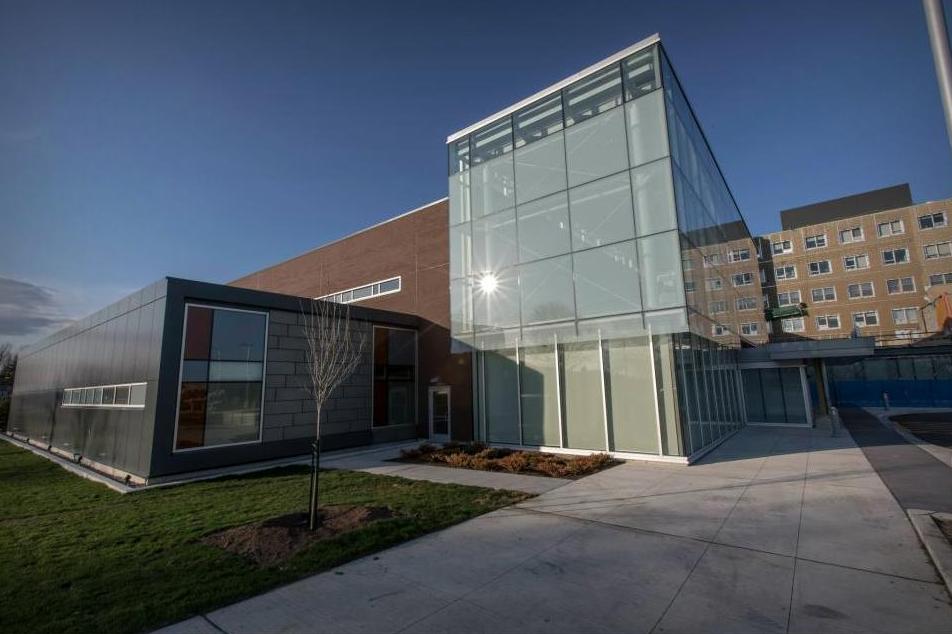
 Our current doctors are working extra shifts to ensure proper coverage and care to our community, and we have
Our current doctors are working extra shifts to ensure proper coverage and care to our community, and we have
several new recruits starting July 1st, including 2 from the Hospital Foundation’s “Adopt a Medical Resident”
program.
Every attempt is made to match our Emergency Department (ED) schedule to patient arrival patterns, but this is never fully predictable. It is during the morning and early afternoon hours that most patients arrive in our ED, and this is where we concentrate our staffing. In the late-night hours, our volume of new patients is low, and there are fewer doctors on duty.
During the overnight hours, the ED staff are busy with ambulances and critically ill patients. While we do our best to see everyone that presents to the Emergency Department quickly, patients with less urgent conditions may have longer waits. Moving a doctor from daytime to the night would result in much longer daytime waits, affecting many more people. It may benefit the community to understand that less urgent conditions will be more efficiently seen during morning and early afternoon hours. In fact, during the day we have up to four doctors on duty. We want everyone to know that we always strive to provide the best care possible in a timely way. If your condition is less severe, the wait time will likely be better during the day when we have higher staffing levels.
When in doubt about urgency, we are always here for you. Your understanding and patience is appreciated, and
it continues to be our goal to provide “Exceptional care. Always.”
Q: When is the best time to come to the Emergency Department (ED)?
A: The wait time is usually shorter from 8am to 4pm. We are staffed with more doctors during the day than
at night and often at night the ED staff are occupied with ambulances and critically ill patients. All patients in our Emergency Department are assessed according to the Canadian Triage and Acuity Scale to evaluate how urgently they need to be seen. A few examples of urgent conditions include: stroke, heart attack, difficulty breathing, severe unexplained headache, high fevers, bleeding in pregnancy, signs of infection in the very young, or very old.
Q: Why is CCH currently short on ED physicians?
A: The Emergency Department has recently experienced retirements coupled with an unexpected leave leading to our temporary shortage. We have several new recruits starting July 1st including 2 from the “Adopt a Medical Resident”.
Q: How will our Foundation’s “Adopt a Medical Resident” program help?
A: Cornwall Community Hospital Foundation’s “Adopt a Medical Resident” program is one of several strategies implemented to recruit Emergency Department physicians. Thanks to donors across our community, the City of Cornwall, and an investment by CCH for 2019, 2 new doctors from Queen’s University will start supporting patients this July. Already being Family Doctors, they can serve our patients while pursuing specialized skills in Emergency Medicine. Following their training, they will work at our hospital for at least 2 years. Recruitment of medical staff is
competitive but together we’re bringing 4 new ED doctors to Cornwall over the next three years.













